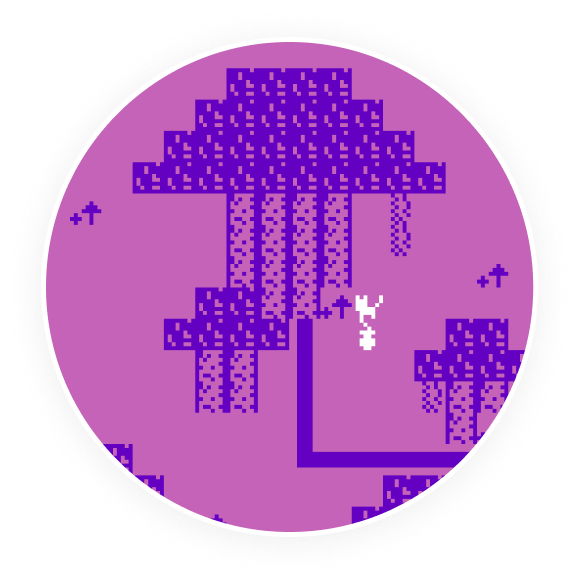Cluster 5
Video Games: The Design of Fun from Concept to Code
Instructors:
Dani Wright
UCSC Department of Computational Media
Tamara DuPlantis
PhD student, UCSC Department of Computational Media
Prerequisite: One year of Algebra II or equivalent
Preferred: Programming experience
Summary: The goal of this cluster is to introduce high school students to computer science and the design principles used in creating a computer game. Computer games are no longer just for young children and enthusiasts. Modern games show a wide variety of features, from the rich graphics and detailed rule sets of World of Warcraft, to the simpler, more casual gameplay of Bejeweled, which appeal to a wide variety of audiences. In this cluster we focus on both the technical and design sides of creating computer games, through analysis of popular existing games and a series of projects in which students will build their own games. Students will learn the design principles for creating games that are fun, engaging, and interactive, and how to understand and build these complex software systems.
All students in this cluster will be enrolled in the following courses.




